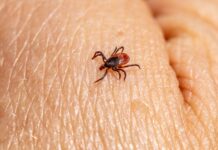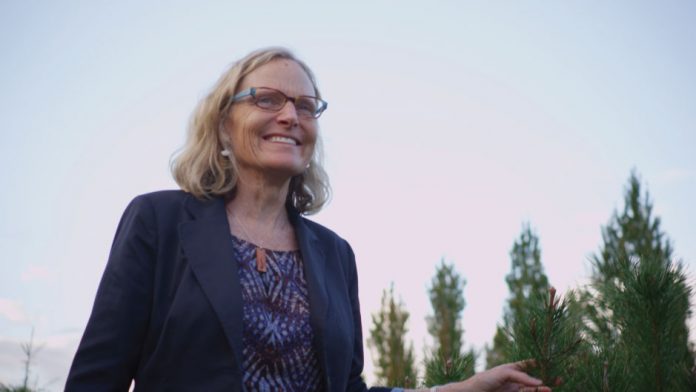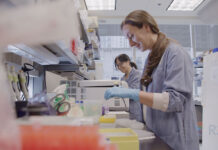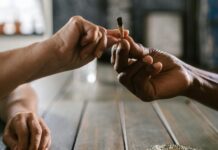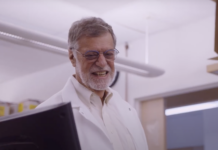Sally Aitken is a Professor in the Department of Forest and Conservation Sciences at the University of British Columbia. We asked her everything from what inspired her to become a scientist to what advice she has for young researchers in hopes of giving you a better understanding of what goes on outside the lab for one of the best minds in Canadian research.
What inspired you to become a scientist?
My father was a geologist and I was surrounded by science and scientists as a child. I read Charles Darwin’s “On the Origin of Species” when I was 12, and from that point I knew I wanted to study genetics and evolution.
What do you read?
When I am not reading scientific articles and books, I enjoy reading novels. I have a book group made up of nine women scientists who all teach and do research in fields relating to genetics and evolution, and so usually I am reading whatever our group is reading. It’s an unusual book group in that reading the book is optional because we are all busy, and we don’t spend much time discussing books. Instead, we talk about science and academic life, and help each other solve problems. A few of my favourite novelists are Ian McEwan, Haruki Murakami, Margaret Atwood and Wallace Stegner.
What’s on your playlist?
I listen to an eclectic mix of old and new, e.g. Sarah Harmer, Feist, The Decemberists, Fleet Foxes, Leonard Cohen, KD Lang, Joni Mitchell and Neil Young. I also enjoy the music of my singer-songwriter stepson, Benjamin Woods, including his album “Moon Window”.
If you could meet any historical figure who would it be and why?
Without a doubt it would be Charles Darwin. I just re-read two of his books, and was again amazed by his observational skills and ability to translate those observations into hypotheses. He was also a student of trees, and includes many comments about tree biology in “On the Origin of Species”.
If you could do any profession other than your own what would it be?
I used to think I wanted to be a veterinarian as I am an animal lover, but now I am glad I work on trees as they don’t make heart-rending sounds when you hurt or sample them.
What advice would you give young researchers?
Pursue your passion; seek mentors; make contacts with other researchers whenever possible; and be prepared to work hard. Learn to ask the right questions, and to think creatively. Ideas rather than technical breakthroughs are the real currency of science.









